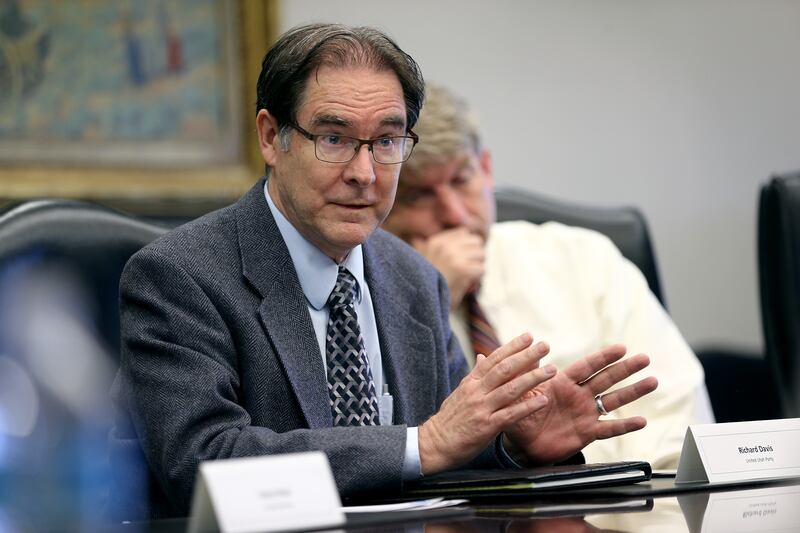In the wake of the announcement of New York Rep. Peter King’s retirement, New York Sen. Chuck Schumer gave King a warm tribute, praising him for their many years of friendship. He remarked that King was “head and shoulders above everyone else.” Schumer added he will miss King in Congress.
The only problem is Schumer is a Democrat and King is a Republican. In our current hyperpartisan era, criticism of Schumer was swift and cruel. Many Democrats skewered Schumer for his generosity to King. Some wondered if he had lost his mind. Others pointed out King’s support of President Donald Trump and his animosity toward Muslims.
Schumer’s spokesperson acknowledged Schumer and King disagreed on a host of issues. However, Schumer believed King had become his friend through their many years working together on issues they did agree on. Schumer was choosing to highlight their common ground rather than their differences.
Unfortunately, Schumer’s experience is becoming increasingly common. In June, former Vice President Joe Biden was heavily condemned for admitting he worked with segregationist senators in the 1970s. And in March, Biden apparently made the mistake of calling Vice President Mike Pence a “decent guy” at a Democratic campaign rally. Again, he was immediately attacked for referring to a Republican in positive terms. In that case, Biden retreated and admitted Pence was not “decent” after all because of his views on LGBT issues.
Nor is such intolerance strictly a Democratic trait. Many Republicans have treated anyone who attempts to reach out to the other side as a heretic. Arizona Sen. Jeff Flake called for people to place country above party when he donated to the campaign of Doug Jones, an Alabama Democrat, when he was running against Republican Roy Moore, who was accused by several women of sexual misconduct. Flake’s reward was to be ostracized by Arizona Republicans, leading to his decision not to run for reelection.
The inability of many Democrats and Republicans to see any good on the other side of the political spectrum has turned off many voters in the middle. These voters have responded by becoming unaffiliated. Many have even withdrawn from involvement.
Unfortunately, this approach is self-defeating. Republicans and Democrats are successful precisely because they band together and organize. Through organization, they elect candidates who reflect their views and bring their extremism into the White House, Congress, statehouses and city halls. Those in the middle must do so as well. That means banding together into a new political party that represents those who are disgusted with extremist, hateful politics. Only in numbers can moderates change politics.
At the same time, such a new party must not become like the old parties. It must be open to diverse views. It must not punish individuals who say good things about those in other parties. It must be willing to acknowledge that good ideas come from all places — left, right and middle.
The United Utah Party is just such a party. It is a party of the middle. It is almost post-ideological. Uniters are willing to see good across the political spectrum. For example, we support term limits on politicians, which Republicans have championed in the past. But we also see the value of campaign finance limits, which Democrats have advocated in earlier years.
But the UUP also is a party where people are not bound by ideological litmus tests. We don’t have to agree on everything. And even in disagreement, we can still be agreeable to others. We don’t force people to believe certain things they don’t believe. We don’t ostracize them if they are kind to others — regardless of party. To us, party is a means to an end, not the end itself.
Those who are disgusted with parties now have an organized alternative. They can fight extremism with others rather than having to act alone, or feel they can do no more than complain. Join us in a new political party that doesn’t act like a traditional political party, but does provide an organization for those who feel they no longer have a voice.
Richard Davis is the chairman of the United Utah Party.

